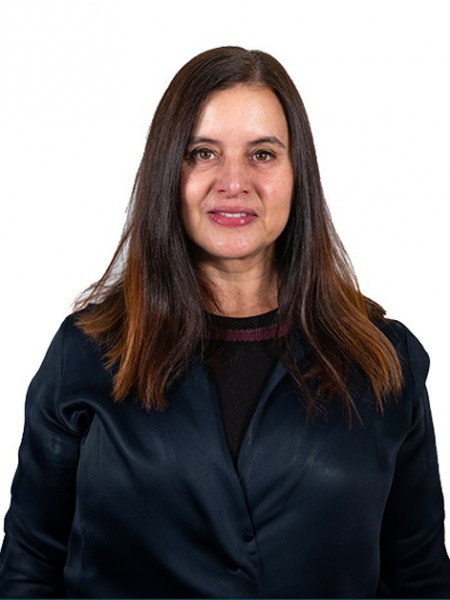abstract
Featured Application Providing cyclic shear tests for full-scale walls. The SHS-Multirisk Project proposes a residence model that is simultaneously resistant to earthquakes and hurricanes within a specific range of magnitude to be defined in the project. It uses simple, low-cost, and environmentally friendly construction technologies compared with traditional alternatives or more technological, but less accessible ones. To reach the SHS-Multirisk objectives, an experimental campaign to carry on cyclic shear tests involved a set of 15 reinforced soil-cement compressed earth block walls. Within this program, a particular test system was developed, conditioned by the guidelines: simplicity, availability of resources (especially components, equipment, and workmanship), rationalization of the available space, and scalability of the tests. Considering the short time available for designing and manufacturing the test system and for carrying out the shear tests, it was decided to adopt a project management framework in Scrum mode. This article presents the system developed to conduct full-scale cyclic shear (combined with bending) tests on walls, exploring its characteristics, the development process, the experiment execution process, and a basic analysis of the main test outputs.
subject category
Chemistry; Engineering; Materials Science; Physics
authors
Di Gregorio, L; Costa, A; Rodrigues, H; Fonseca, J; Costa, AT
our authors
Projects
CICECO - Aveiro Institute of Materials (UIDB/50011/2020)
CICECO - Aveiro Institute of Materials (UIDP/50011/2020)
Associated Laboratory CICECO-Aveiro Institute of Materials (LA/P/0006/2020)
acknowledgements
Leandro Di Gregorio thanks the SHS Project's team and the Federal University of Rio de Janeiro/Polytechnic School for his postdoctoral work license. The authors acknowledge the funding of the Civil Construction Department of POLI UFRJ used in manufacturing the blocks and constructing the specimens. The authors also acknowledge UA Civil Engineering Department for the use of Lab facilities and Vagoinertes, LDA., which provided the soil, water, electricity, and storage. This work was also supported by the Foundation for Science and Technology (FCT)-Aveiro Research Centre for Risks and Sustainability in Construction (RISCO), Universidade de Aveiro, Portugal [FCT/UIDB/ECI/04450/2020]. Alice Tavares developed her part of the work within the scope of the project CICECO, Aveiro Institute of Materials, UIDB/50011/2020, UIDP/50011/2020, and LA/P/0006/2020 and 2021.03830. CEECIND is financed by national funds through the FCT/MCTES (PIDDAC). Moreover, Jorge Fonseca acknowledges the Foundation for Science and Technology (FCT) for the PhD grant, with reference 2022.13794.BD.


